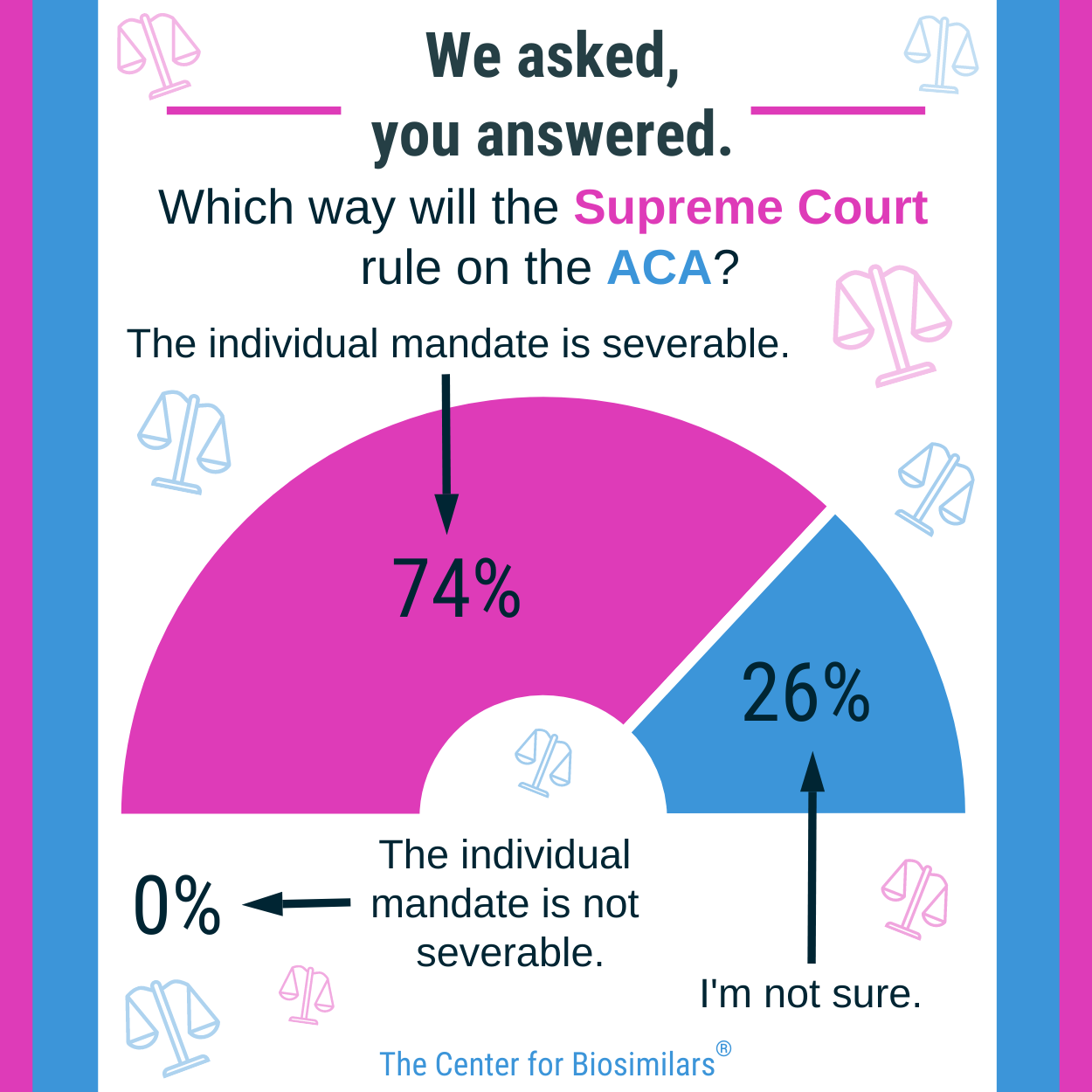- Bone Health
- Immunology
- Hematology
- Respiratory
- Dermatology
- Diabetes
- Gastroenterology
- Neurology
- Oncology
- Ophthalmology
- Rare Disease
- Rheumatology
Poll: How Much Do You Know About Biosimilar Suffixes?
Biosimilar suffixes were intended to help with pharmacovigilance, but they are not widely understood.

Which of the following is true about the 4-letter biosimilar suffixes?
For background reading on this topic, click here.
Check out the results from our last poll:

Newsletter
Where clinical, regulatory, and economic perspectives converge—sign up for Center for Biosimilars® emails to get expert insights on emerging treatment paradigms, biosimilar policy, and real-world outcomes that shape patient care.
Related Content
